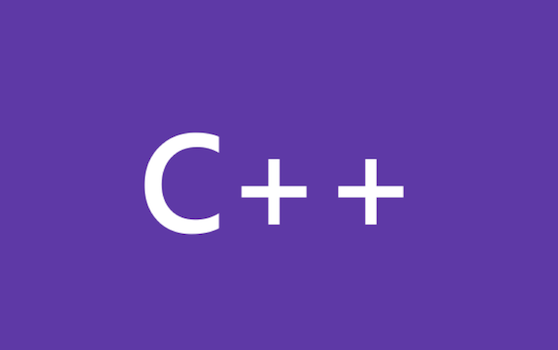


Diagnostic Improvements in Visual Studio 2017 15.3.0

C++ compiler diagnostics improvements in VS “15” Preview 5

C++ Edit and Continue in Visual Studio 2015 Update 3

Memory Profiling in Visual C++ 2015

Format Specifiers Checking

Native Memory Diagnostics in CTP 5

Native Memory Diagnostics in VS2015 Preview

GPU Usage tool in Visual Studio 2013 Update 4 CTP1


 Light
Light Dark
Dark